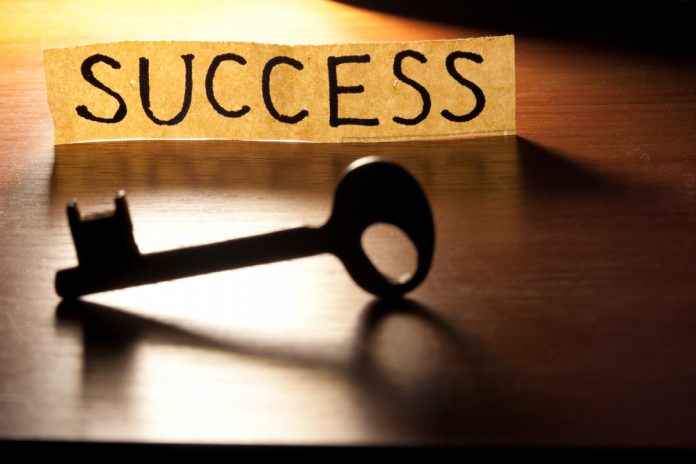Lotteries are not the first thing that comes to mind when people think of innovation and industry disruption. Actually, most people think the opposite, and they’re right. Lotteries have changed very little over thousands of years; players select numbers and have a chance to win a prize if their numbers are drawn.
Throughout history, many lotteries were monopolies that were used to fund large infrastructure projects, the king’s coffers, and even armies. Today lotteries continue to be almost exclusively under the purview of the state and benefit the public. It is common that a percentage of proceeds from lottery ticket sales fund education, culture, sports, and other public programs.
Since lotteries are typically government run or granted monopolies that benefit the public, ticket sales are limited to the country in which the lottery takes place.
All of this is to say that it is easy to look at the lottery industry and see it as a kind of fortress. It’s pretty impenetrable, there’s no way you are going to enter the market and compete. It’s also solid and not going anywhere.
Yet, one company saw an incredible business opportunity to be had in this staid industry with its myriad of rules and regulations.
TheLotter, launched in 2002, realized that they could leverage the internet to offer lotteries from all over the world to people all over the world, regardless of which country they are playing from.
The idea behind theLotter is simple; a player in one country can play a lottery in another country with theLotter.com, selecting numbers for an entry just as they would in real life. TheLotter then buys an actual, physical ticket that matches the entry on behalf of the player. If that ticket is a winner, the player keeps the entire prize as theLotter only charges a small service fee for purchasing the ticket.
TheLotter is actually a messenger service rather than a lottery or gambling site. Any ticket purchased by theLotter on behalf of one of its players is exactly the same as a ticket purchased by a player directly from the retailer. All winning tickets will be honored and paid by the relevant lottery, not by theLotter. In this way, it is a business model that also leverages the faith that people have in their national lotteries; I’m much more likely to believe that the UK National Lotto will pay me my prize than an internet gambling site.
With theLotter, people are no longer limited to the lotteries and jackpots in their home countries; they can now play for the largest and most exciting prizes offered by lotteries across the globe. TheLotter has since expanded onto mobile platforms via an app available for iOS and Android devices. Today, theLotter boasts 53 lotteries on its site, offices in over 20 countries, $55 million in winnings paid out, and over 2 million winners through theLotter.com.
While the lottery itself is a staid, impenetrable industry that does not lend itself to competition, theLotter was able to leverage some of these very disadvantages, unlock a torrent of pent-up demand, and create a successful business and business model.
Opportunity can be a matter of perspective.
Find a Home-Based Business to Start-Up >>> Hundreds of Business Listings.
















































